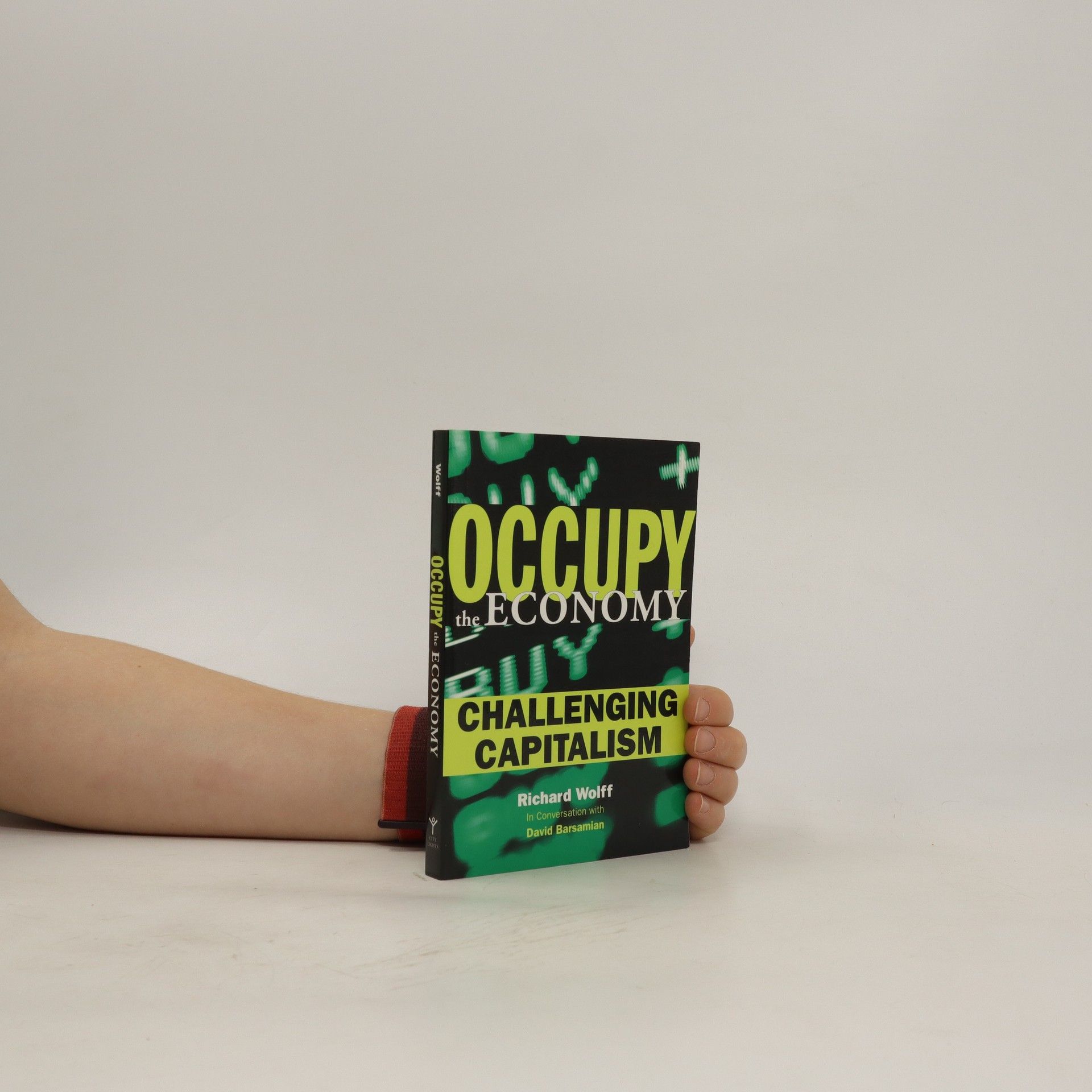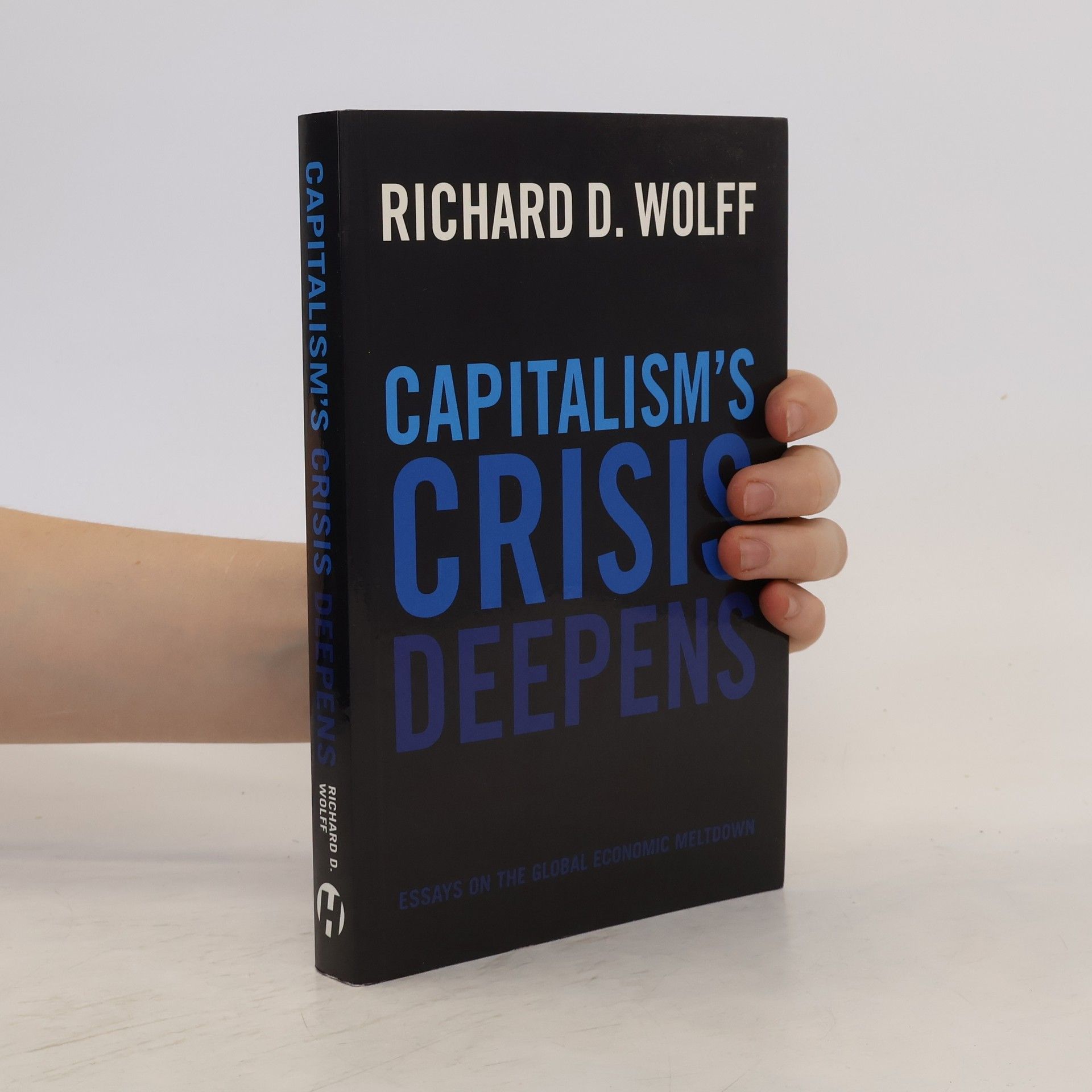The Sickness is the System
- 214pages
- 8 heures de lecture
The coronavirus pandemic, the deepening economic crash, dangerously divisive political responses, and exploding social tensions have thrown an already declining American capitalist system into a tailspin. The consequences of these mounting and intertwined crises will shape our future. In this unique collection of essays, Richard D. Wolff argues clearly that "returning to normal" no longer responds adequately to the accumulated problems of US capitalism. What is necessary, instead, is transition toward a new economic system that works for all of us.





